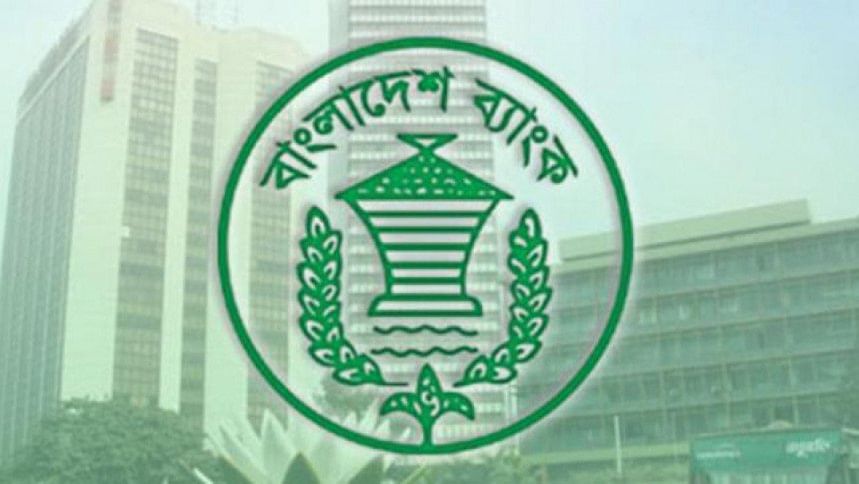BB brings back relaxed loan repayment facility

The Bangladesh Bank yesterday reintroduced its relaxed loan repayment facility to support borrowers struggling to pay back amid lingering crisis at home and abroad.
Bankers, however, say that the central bank has taken the initiative to bring down defaulted loans artificially. But this will eventually worsen the financial health of the banking sector in the long run.
They argue that although similar concessions were extended between 2020 and 2022, the level of non-performing loans (NPLs) has not gone down.
In a notice yesterday, the central bank said borrowers are facing difficulty to pay back full installments as the price of raw materials and other inputs has gone up in the global markets while the transport cost has surged due to the prolonged war between Russia and Ukraine.
As per the new rule, borrowers with unclassified term loans will be allowed to repay 50 per cent of their installments payable for the April-June period of 2023.
The loans that carry a repayment period of more than one year are termed term loans. The new rule will also be applicable to short-term farm loans and microloans disbursed by banks.
The amount of the installments that will not be cleared in the second quarter of 2023 will have to be paid back within three months after the end of the loan repayment period.
Banks will not be allowed to impose any penal interest or any other fees for providing the relaxed facility, said the BB, adding that rescheduled loans will also enjoy the latest relaxed facility.
The move from the BB came after some business chambers, including the Federation of Bangladesh Chambers of Commerce and Industry, and the Bangladesh Garment Manufacturers and Exporters Association, recently demanded the central bank relax the loan repayment scope, said a central banker.
The central bank followed relaxed loan facilities in various forms between 2020 and 2022 to help businesses overcome serious impacts brought on first by the coronavirus pandemic and then by Russia's war in Ukraine.
No relaxed facilities were in place in the first quarter this year.
The new relaxed facility comes although defaulted loans have kept their upward movement.
Banks witnessed an accumulation of default loans by Tk 10,964 crore in the first three months of 2023.
NPLs stood at Tk 131,621 crore as of March 31, up 9 per cent from three months ago and 16 per cent from a year earlier, data from the BB showed.
The latest NPL figure is the second-highest in the banking sector's history and was just behind the Tk 134,396 crore reported in the July-September quarter of 2022.
Syed Mahbubur Rahman, managing director of Mutual Trust Bank, says that the relaxed facility may worsen the liquidity pressure in the banking sector as lenders will not get back their funds during the period.
"In addition, good borrowers will feel discouraged to repay their loans."
His concerns were also backed by the central bank's new monetary policy statement unveiled on Sunday.
"The slower growth of deposits in banks, along with the sustained burden of NPLs, has also contributed to the tightening liquidity situation," said the central bank.
"Reducing NPL and assuring good corporate governance in the banking industry through strengthening supervision and monitoring guidelines are crucial for a stable financial system."

 For all latest news, follow The Daily Star's Google News channel.
For all latest news, follow The Daily Star's Google News channel. 



Comments